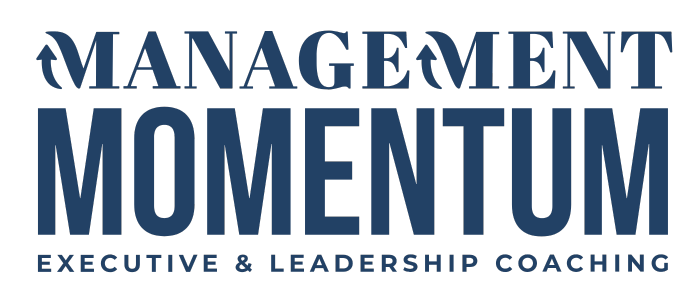The Rule of 10,000 Hours
I find that people can be pretty hard on themselves when it comes to assessing their own skills and abilities. Being self-critical may help us move toward improvement, but only for about two seconds—the two seconds it takes for us to realize that we are not where we want to be. After all, it is pointless to dwell on how we got there or how slow our progress has been. It’s better to focus on something more helpful-something more concrete.
In his book Outliers, Malcolm Gladwell writes of The Rule of 10,000 Hours (1). The 10,000-hour rule basically tells us that we need 10,000 hours of practice to achieve expertise in a certain area.
Why is this great news for you?
This is great news for two reasons. The first is that it debunks the myth that people must be naturally gifted or that only those with a natural gift can exceed. Natural gifts may drive people to a certain area of interest, but even the experts have found a way to log 10,000 hours of practice.
The second reason the 10,000-hour rule is great news is that you can give yourself credit for all of the areas in which you are already an expert. If you have spent 40 hours a week selling and have been doing this for approximately four years and 42 weeks, you are a sales expert. If you have been parenting a child full time for, let’s say, 60 hours per week (there are 168 hours in a week), then by the time your first child is four years of age you are a parenting expert.
Keep this in mind if you are changing industries, just graduating from college, or learning to sell, cook, dance, manage your time, etc. Encourage yourself and strive for 10,000 hours.
Coaching Assignment
Take some time over the next few days to reflect on those areas you may already be an expert in and do this without putting a value judgment on the areas in which you have logged the hours (e.g. gardening or caring for a sick relative). If you are new to a role at work there is a good chance you have some relevant areas of expertise you have not given yourself credit for which may be relevant subcategories like dealing with the public, planning events, writing business letters, training others, etc.
(1) The 10,000 Hour Rule is attributed to the research done by Anders Ericsson in the early 1990s. He discovered that elite musicians all had put in about 10,000 hours of practice, the good musicians put in 8,000 and the average 4,000 hours. No one had fast-tracked. This rule was then applied to other disciplines and Ericsson found that it proved valid.



